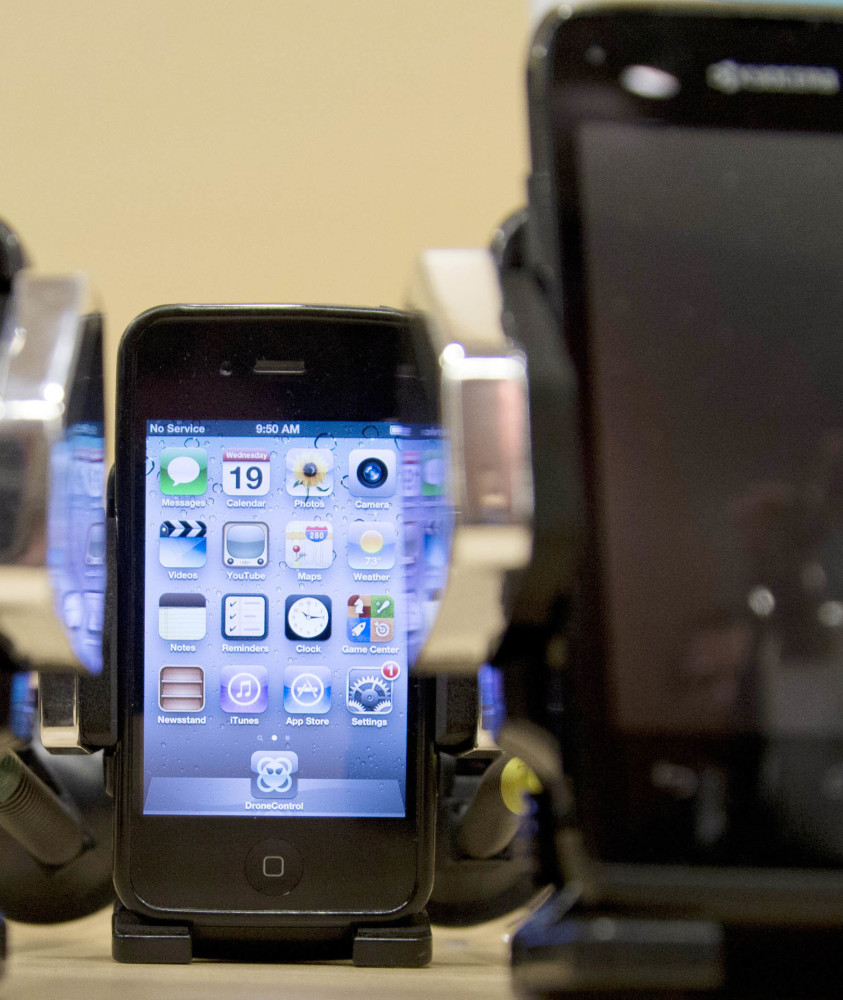WASHINGTON — A new federal study of the potential dangers of cellphone radiation, conducted in rats, found a slight increase in brain tumors in males and raised long-dormant concerns about the safety of spending so much time with cellphones glued to our ears.
But the study had enough strange findings that it has caused other federal scientists to highlight flaws in the research, and experts said these findings and those from other studies continue to suggest the potential risk from cellphone radiation is very small.
The National Institutes of Health study bombarded rats with cellphone radiation from the womb through the first two years of life for nine hours a day. It found tumors in 2 to 3 percent of male rats, which the study’s authors called low. But females weren’t affected at all and, strangely, the rats not exposed to the cellphone radiation died much faster – at double the rate – of those that were.
The results were preliminary, and only part of what will ultimately be released. They were made public before they were officially published – and despite strong criticism from other NIH scientists – because the results were similar to other studies that hint at a potential problem, said study author John Bucher.
The study is part of a seven-year, $25 million effort conducted by the National Toxicology Program at the request of the Food and Drug Administration. It looked at the specific type of radiation that cellphones transmit, called non-ionizing radiofrequency.
“This is the first study to actually show that non-ionizing radiation (causes) cancer,” said Dr. Otis Brawley, the American Cancer Society’s chief medical officer. The cancer society in a statement praised the study for “evidence that cellphone signals could potentially impact human health” but notes that it doesn’t quite address real risk to people.
“If cellphones cause cancer, they don’t cause a lot of cancer,” he said in an interview. “It’s not as carcinogenic as beef.”
He said people should be far more concerned about “distraction caused by cellphone,”‘ which he said causes more deaths.
Both Brawley and Bucher said this would not change how they use their own personal cellphones.
Since about 1986, U.S. brain cancer deaths have not increased or decreased, Brawley said. That suggests that whatever effect cellphones may have it is so small as to be undetectable amid regular cases of brain cancer.
Copy the Story LinkSend questions/comments to the editors.



Success. Please wait for the page to reload. If the page does not reload within 5 seconds, please refresh the page.
Enter your email and password to access comments.
Hi, to comment on stories you must . This profile is in addition to your subscription and website login.
Already have a commenting profile? .
Invalid username/password.
Please check your email to confirm and complete your registration.
Only subscribers are eligible to post comments. Please subscribe or login first for digital access. Here’s why.
Use the form below to reset your password. When you've submitted your account email, we will send an email with a reset code.